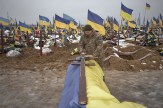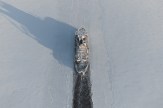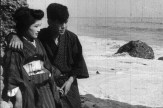In the new Europe ‘neutrality is no longer an option’
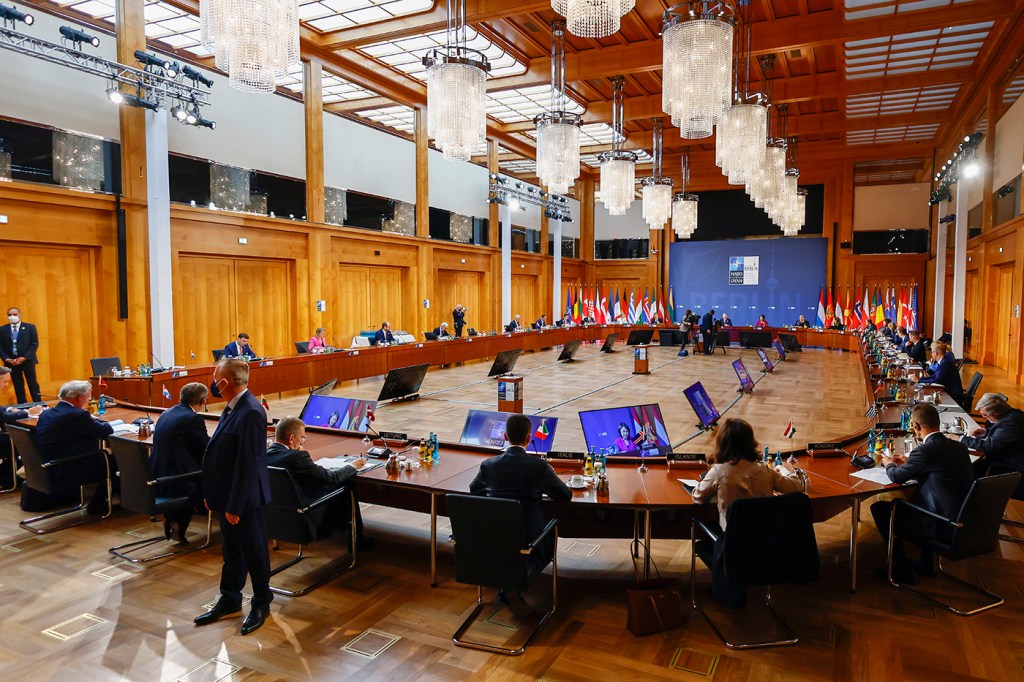
This report is part of ongoing coverage of the Russia-Ukraine war. Visit our dedicated page for more on this topic.
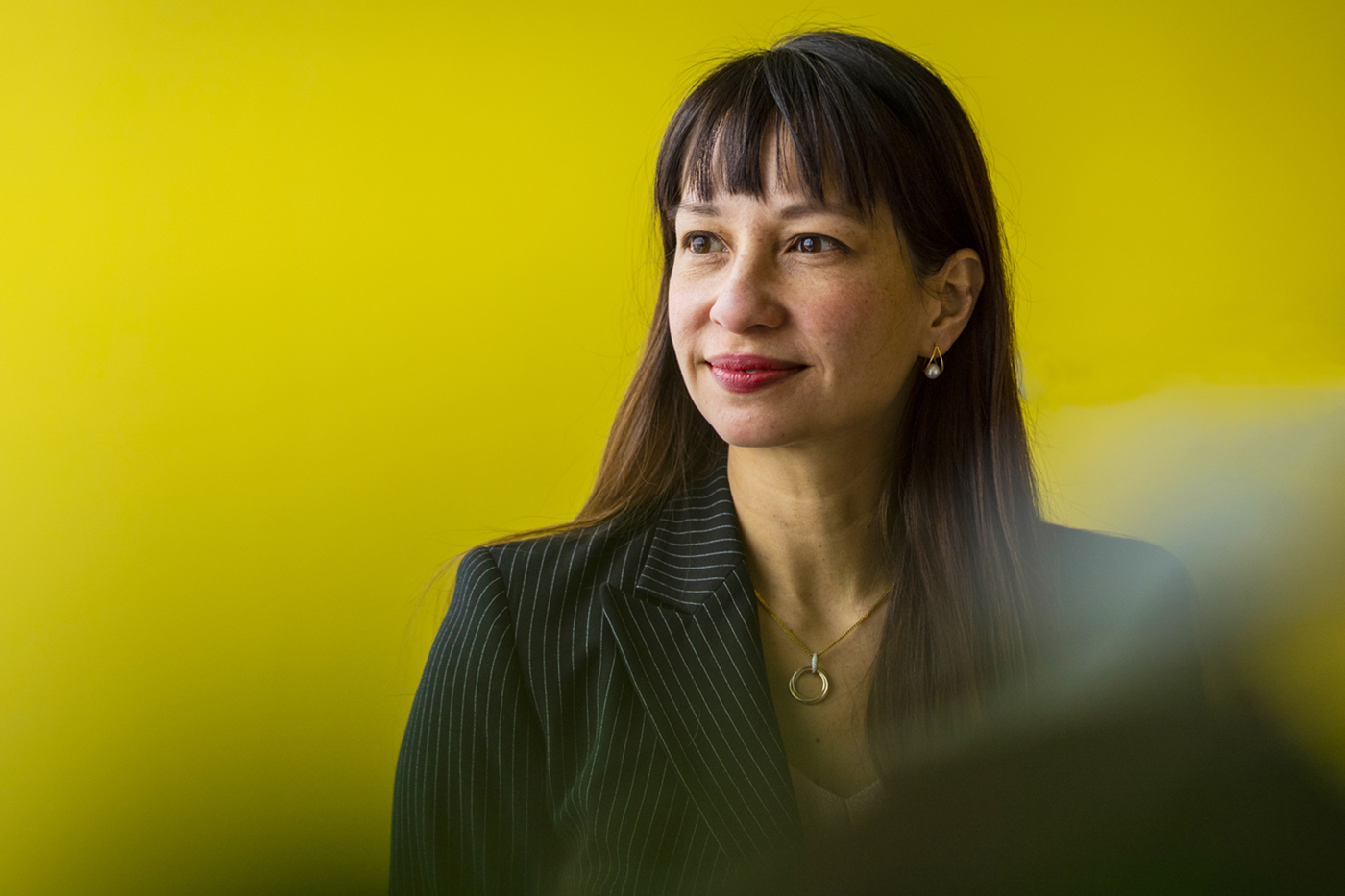
The invasion of Ukraine continues to backfire on Russia politically. Instead of weakening Western alliances, as Russian President Vladimir Putin had hoped, the war has convinced former neutrals Finland and Sweden to seek membership in NATO.
“The lesson here for European countries is that neutrality is no longer an option,” says Mai’a Cross, the Edward W. Brooke Professor of Political Science and International Affairs at Northeastern. “Essentially, neutrality doesn’t guarantee security.”
The war in Ukraine has crystallized a remarkable transformation of Europe that has been building since World War II, says Cross, as nations that were historically in conflict have realized they need each other militarily. The defiance of Putin’s war amounts to a long-awaited stand against autocracy, she adds.
Cross spoke with News@Northeastern about the potential expansion of NATO, the unification of Europe, and the hopelessness of autocratic leadership. Her comments have been edited for brevity and clarity.
How has the Ukraine war influenced Finland and Sweden to join NATO?
We’re seeing commitment to a common approach to European security.
In the past, there was a sense that if countries declared that they were neutral, they could stay out of the fray. What these countries are realizing is that the stakes are too high to sit on the sidelines and basically abdicate your foreign policy; you have to actually take a stance in these conflicts—particularly when you have democracy and the rule of law and international norms on the one hand, and on the other hand a no-man’s-land that Putin has demonstrated.
Along the same lines, Denmark has always had an opt-out from European defense initiatives. It’s now reconsidering that position.
And Switzerland—which is not in the EU, but is nonetheless a very close European partner and participator in the European economy—is thinking about closer ties to NATO as well.
So you’re seeing all of the major European countries on the same page, working toward the same goals, and acknowledging that neutrality doesn’t any longer guarantee security.
How striking is this change in European perspective, from major countries regarding each other as partners to protect the peace rather than as rivals who threaten it?
This was a continent that experienced centuries of brutal battle against each other. And so they managed to put an end to that with the formation of the precursor to the European Union [in the 1950s].
But the true completion of that is something that looks more federal, where they pull their sovereignty together in areas that are the most difficult—foreign policy, security, and defense. So to compare Europe in World War II to today, you have really a dramatic change.
Now, when the stakes are so high, there’s this strong realization that European countries need to set aside differences and act together. Using the European Peace Facility to fund military weaponry to Ukraine is totally unprecedented. The treaties of the EU do not allow for spending of the common budget in this way, but they found a workaround and they did it very quickly.
Russia is trying to dismantle the very values that justify the existence of the EU and its continuity and people’s loyalty to it. So this is what is bringing these countries together and it couldn’t be more different than those centuries of bloody battles that we’re all familiar with from history.
Are you surprised by the militarization of Europe?
In the 1950s, they actually were putting in place the structure for an actual European army. And all of the countries had agreed to that in principle, but when it came to the parliaments ratifying this idea, it was just too close to World War II for the French to stomach the idea of German troops fighting alongside them. So the Europeans since then have stepped away from the idea of a European army, in part because they see the issues that they’re facing as more humanitarian.
Today, with Russia’s invasion serving as a catalyst, this notion of a European defense community is much more on the precipice of being achieved than it was a couple of months ago.
Autocracy has been gaining ground around the world for several years. Is that movement being countered by the Western stand against Putin?
There are two sets of lessons that are being learned here. One is that when it really comes down to it, the world actually does rally around the goals of democracy and international order. And secondly, when it comes to violating those norms egregiously, you don’t just get away with it; you actually lose. Russia is going to be permanently weakened as a result of this.
We’ll have to see how this plays out domestically—whether Putin can continue to use his propaganda machine to make people [in Russia] believe the opposite.
But I fundamentally believe that tribalism, autocracy, and authoritarianism have the seeds of their own destruction built in. They ultimately don’t work. They don’t help people. They don’t allow people to flourish. And it prevents international cooperation and trust in the system.
So I absolutely think that this is an opportunity for Europe to be this beacon of what is possible when it comes to democracy. It doesn’t mean that it’s perfect because it still has its own challenges. When you allow free speech, you also allow the voices that would be extremists to come from the far right. But that’s part of the deliberation within a democracy.
Entry to NATO requires agreement from all 30 members. Turkish President Recep Tayyip Erdogan is threatening to veto the bids of Finland and Sweden based in part on their support of Kurdish militants. Do you believe they will be admitted?
I do think that all of the countries in NATO will support Sweden and Finland. They have made it clear that politically and militarily, these two countries already qualify. And in a way, they are extremely close to NATO already because of their membership in the EU.
While some countries might use the interim of the application in the approval as a time to express particular opinions about what Sweden and Finland have done in the past, ultimately it will go through quite easily.
It’s worth noting that Sweden and Finland would double the long border between NATO countries and Russia, which strategically and symbolically is extremely important.
For media inquiries, please contact Marirose Sartoretto at m.sartoretto@northeastern.edu or 617-373-5718.


